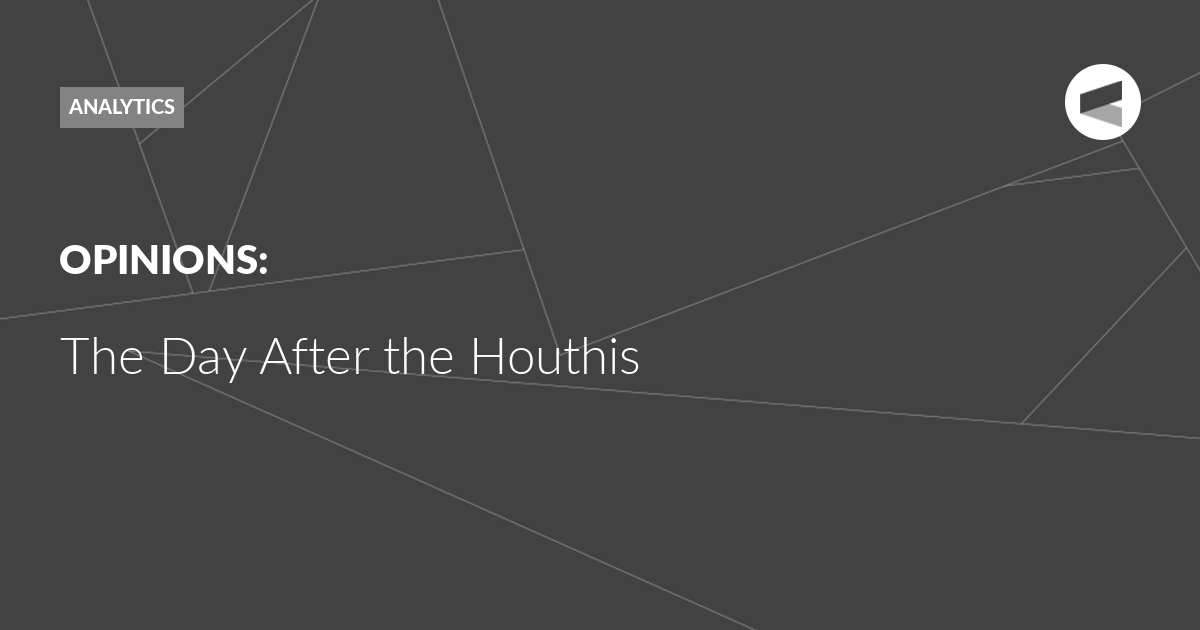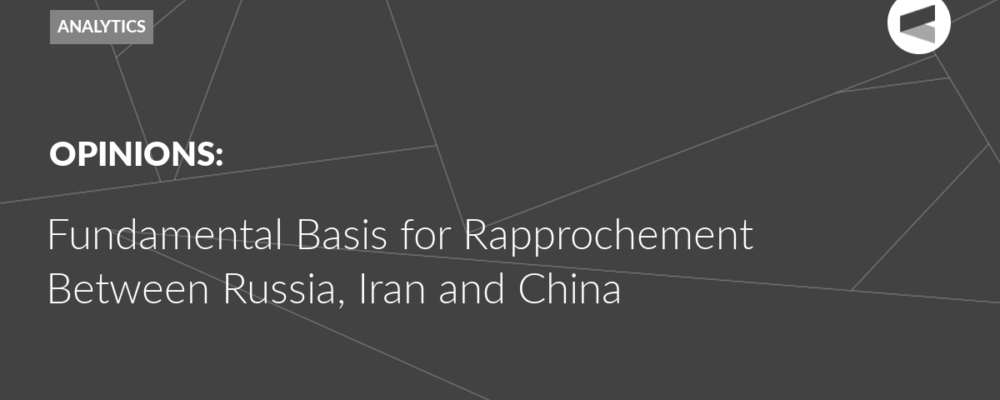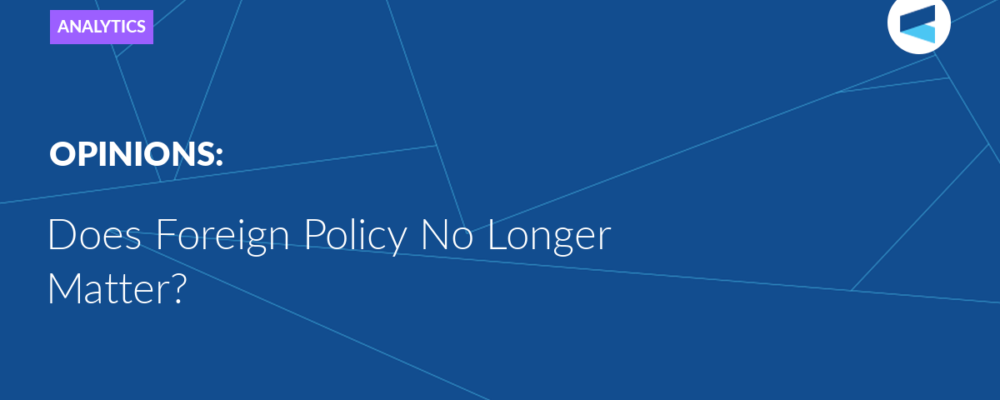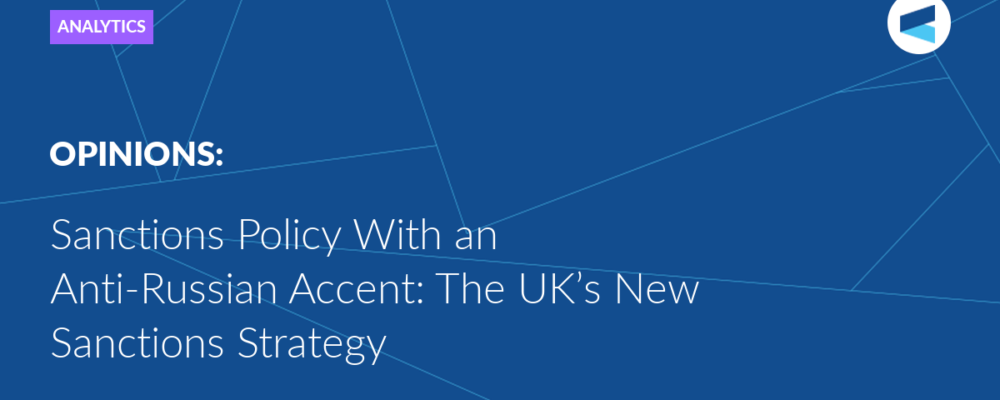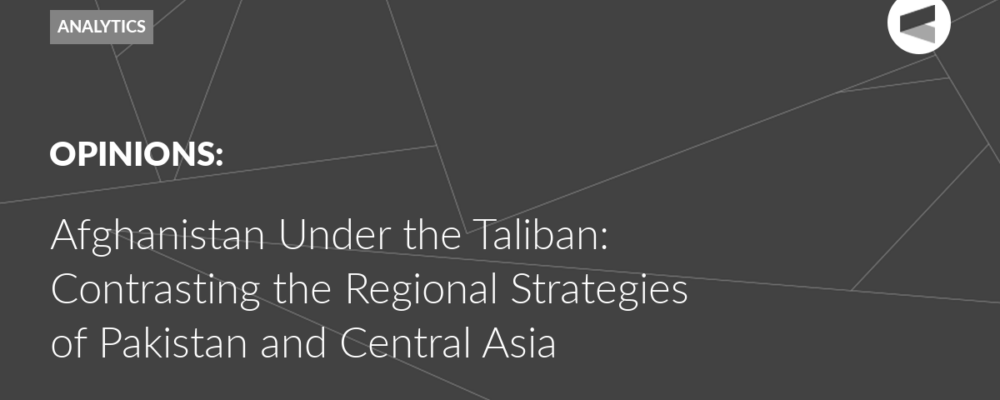Eurasia is abuzz. With the exceptions of Turkey’s Berlin—Baghdad railway and India’s Cotton Road, whose progress is being hindered by the Great Middle Eastern War, the Arctic route, the INSTC and the Middle Corridor all proceed at breakneck speed, against the backdrop of the EU’s derisking-framed friendshoring and of China’s investments in creating an integrated China-Southeast ecosystem. The Houthis and their assault on Western vessels played a prominent role in accelerating the pre-existing process of reglobalisation, which is emblematised by the aforementioned projects and which would have gone on even without them, albeit more slowly, since the main driver of this world-overturning re-routing of supply chains is the great power competition.
The Houthis made the world know the verb “re-route”. Russia made an over-confident West know the verbs “homeshore”, “nearshore”, and “triangulate”, prevailing over Ukraine conflict-related total economic warfare in a way resembling the British Empire grappling with Napoleon’s blockade. The United States mainstreamed the verb “de-couple”, under whose umbrella the supply chains of more than 2,400 critical goods, material and equipment are being somehow reshored away from China. The European Union popularised the politically correct version of “decoupling”, that is, “de-risking”. Many verbs, one meaning: globalisation as we know it is becoming a memory.
In a world which is increasingly bellicose, and which hadn’t seen so many interstate conflicts and civil wars since the Second World War era, governments and businesses are finding out that their certainties were as solid as castles in the air. From banks to enterprises, everyone with the ability to do so is setting up political risk units tasked with understanding how to secure investments from unknowns and turmoil. Western and non-Western countries obviously don’t agree on the means, but they do agree on the ends, that is, that globalisation needs correction. And this correction is represented by the establishment of nearer supply chains, as nearer, theoretically, means safer.
The post-Houthi geography of global transportation routes
The day after the Houthis, the Western world will wake up more insecure, hasty and doubtful than before. The West will be more insecure because of the collapse of one of the pillars of globalisation, the Red Sea passage, that the American military proved unable to protect. The West will be hastier in its search for new routes under the banner of friendshoring, with France, Germany and Italy more keen on nearshoring to Eastern Europe and the Balkans and with the European Union as a whole and the United States perhaps more willing to resurrect the dream of a Trans-Atlantic trade and investment area. The West will also be more doubtful about its actual position in the global hierarchy of power, having experienced firsthand that the world is no longer a playground for Westerners, who witnessed their vessels attacked by the Houthis while the Russians and the Chinese were sailing calmly and safely.
The day after the Houthis, part of the world will share some of the West’s concerns and will try to figure out how to take advantage of it. It’s already happening: Saudi Arabia and the United Arab Emirates have been strengthening their interconnectivity, Kazakhstan, Azerbaijan and China are going to improve the South Caucasus’ role as an inter-region connector by jointly building a new intermodal cargo terminal in Baku. Meanwhile, Russia and China are increasing the number of cargo services going through the Arctic, and work across the INSTC proceeds non-stop on every front.
The Red Sea will continue to be important, being for Europe what Panama is for the United States, but its centrality is destined to decrease concurrently with the world’s return to a Cold War-like era of bloc-versus-bloc confrontation. The Houthis only sped up an existing trend by highlighting the risks of doing business in areas where the great powers contend for control.
Politics and markets are heading in the same direction, which is an archipelagos-based globalisation, and their quest for new routes is likely to best benefit those who can grant shippers much more than a time-saving passage, that is, the best time-price-safety combination. By coincidence or fate, the geography of conflicts favours the increasingly navigable Arctic route, the relatively conflict-free INSTC and, to a lesser extent, the Middle Corridor. In other words, willing or not, the European markets will be obliged, much more than in the past, to deal with Russia and Iran.
The Valdai Discussion Club was established in 2004. It is named after Lake Valdai, which is located close to Veliky Novgorod, where the Club’s first meeting took place.
Please visit the firm link to site


